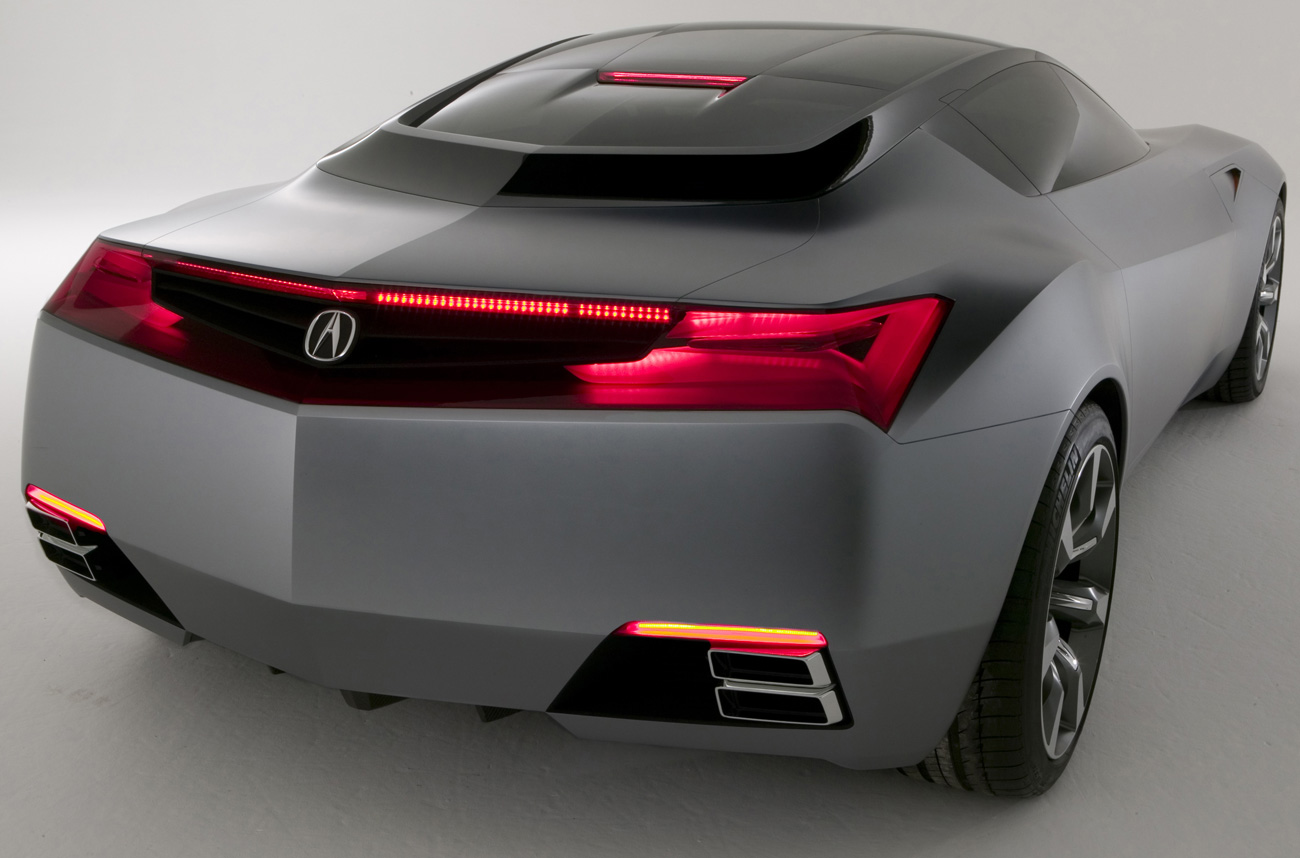With gas prices still on the rise, getting the best possible fuel economy from your car is more important than ever. Over the long run, it can save you hundreds of dollars. Isuzu, the SUV and pickup truck specialist with the popular Ascender 5-Passenger SUV, offers several tips on its website on how to get the most out of filling up your tank.
Here are just a few of their tips. You can implement them instantly, on any vehicle, and start getting better gas mileage today.
1. Don't speed away from stop signs and traffic lights. A slower, controlled start uses less gas than a fast one. Most of us drive in the city where crosswalks, traffic signals, and even stop-and-go traffic conditions require frequent stops. Considering the number of stops and starts you make daily, remembering this tip could mean money in your pocket.
2. Replace your air cleaner. Since a vehicle's power comes from a mixture of air and fuel, a dirty air filter reduces engine performance. Most of us remember to replace our oil filters, but neglect the air filters. Every time you take your vehicle in for service, make your next service appointment before you leave and mark it on your calendar. Doing this will help you stay diligent about keeping your routine maintenance appointments, and therefore, keep your car in tip-top condition.
3. Lighten up. Lighter loads require less power, and hence less fuel, to move them from here to there. Take any unnecessary cargo out of your trunk when driving around town and watch your gas mileage increase. How often do we find ourselves carrying around heavy items "just in case" we might need them, or because we've planned to take them somewhere and haven't gotten around to it? While it may not seem like a big deal to tote cargo around in the trunk, every time we drive, it decreases the number of miles we get per gallon. Dump the junk and take only what's necessary.
4. Feel the breeze. Reducing the use of the air conditioner helps fuel economy as well. If you're not in heavy traffic and exhaust fumes aren't a concern, consider opening your windows and vents instead of automatically reaching for the A/C button.
5. Stop-and-go? Just GO! Avoid routes that require a great deal of stop-and-go driving and try taking side streets and less impacted alternative routes. Constant stopping wastes fuel because energy is diverted in the form of heat caused by the brakes. Timing lights and slowing down enough so that you can avoid stopping will only improve your gas mileage. It will also save wear and tear on your brakes.
For more tips on improving your car's fuel economy, as well as instructions on how to change a tire and jump start an engine, check out Isuzu's website. We suggest printing out their directions for both and keeping them in your glove compartment just in case you ever need them.
Permanent Link: http://www.isnare.com/?aid=158507&ca=Automotive
Submitted By: Amy Thomas
 Intrested to Order Pls email to matcargo@gmail.com
Eco Power Feul Saver 1 Set RM 168.00 / USD 47.90
Intrested to Order Pls email to matcargo@gmail.com
Eco Power Feul Saver 1 Set RM 168.00 / USD 47.90







